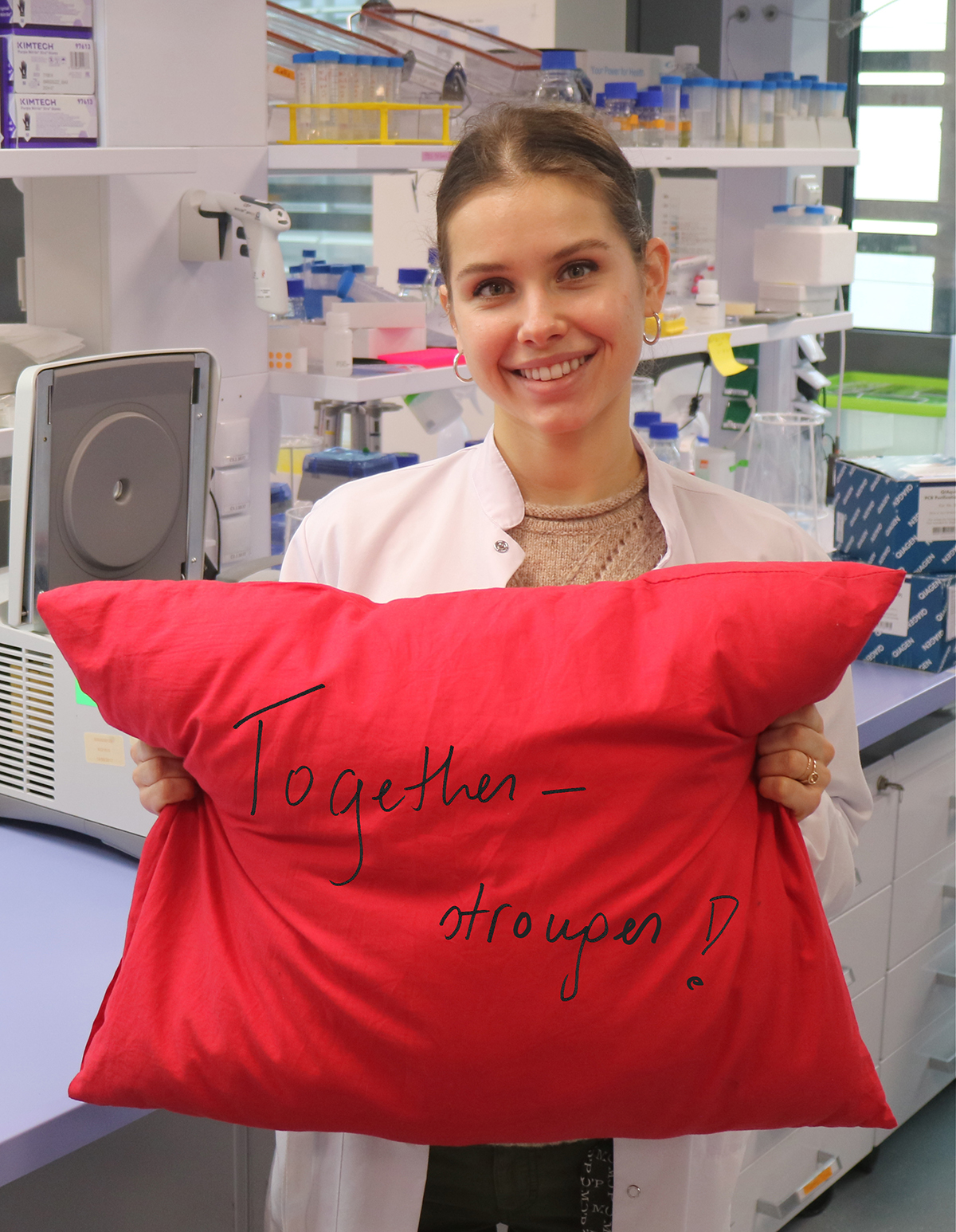 |
When I was a kid, there lived an elderly man in my neighbourhood in Vilnius whose hands were constantly shaking. When I asked my mother about this, she could not really explain it to me – as back then not many things were known on Parkinson’s disease. It was quite sad to see how his quality of life was compromised. In my later studies, I therefore decided to focus on neuroscience as the brain was always very fascinating to me. The challenge is to observe what is actually happening in the brain during the lifetime of the patients and the progression of the disease. As a researcher at the LCSB, I am now trying to understand the underlying cellular mechanisms of Parkinson’s disease and find ways to halt them. Along those lines, one goal is to develop a drug for clinical treatment which can reliably stop or slow the progression of Parkinson’s. We are using organoids, sometimes also called ‘mini-brains’, in the laboratory. These are small structures mimicking the human brain which are generated from skin cells donated by people with Parkinson’s disease. Therefore, we are in contact with patients, so I can see the direct causes and consequences of the disease. This constantly reminds me how important it is to continue our research on that topic. It is an additional motivation to fight Parkinson’s.
|




